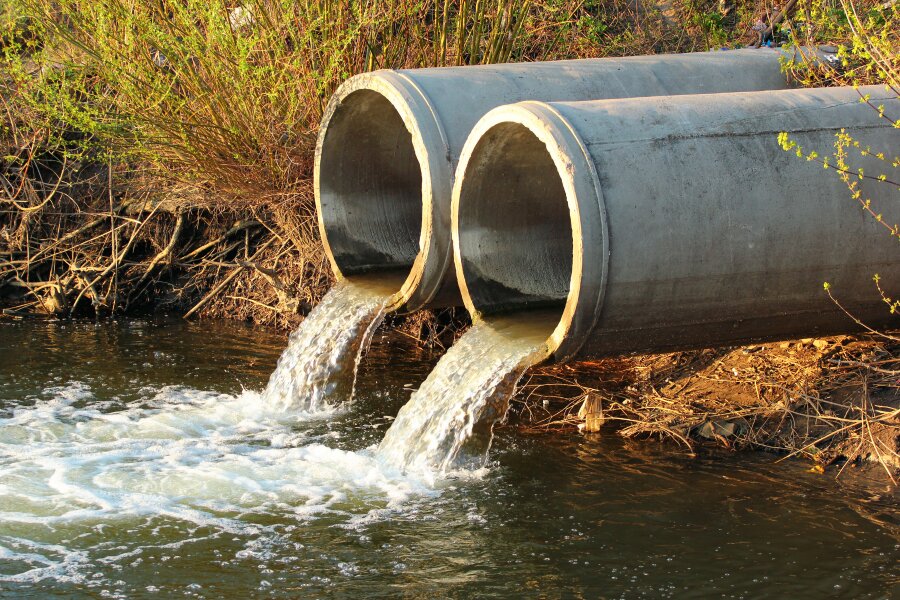The State of New Jersey announced a historic environmental settlement with DuPont and its spinoff companies, Chemours and Corteva, valued at over $2 billion. The agreement, described by state officials as the largest environmental recovery for a single state in United States history, resolves a series of lawsuits concerning widespread contamination from per- and polyfluoroalkyl substances (PFAS), commonly known as "forever chemicals," and other pollutants. The settlement specifically addresses decades of contamination emanating from four historical DuPont industrial sites in New Jersey: the Chambers Works facility in Pennsville and Carney's Point, the Parlin site in Sayreville, the Pompton Lakes Works in Passaic County, and the Repauno site in Gloucester County. PFAS chemicals, which DuPont used extensively in the manufacturing of products like Teflon, are highly persistent in the environment and have been linked to serious health problems, including certain cancers, thyroid disease, and developmental issues in children.
The state's litigation, brought under powerful state laws like the Spill Compensation and Control Act, alleged that DuPont's unauthorized discharge of these chemicals had polluted drinking water and damaged natural resources across New Jersey. The financial structure of the settlement is uniquely robust and designed to ensure long-term corporate accountability while protecting New Jersey taxpayers. It consists of several key components: full remediation responsibility for the four sites; a financial assurance fund of over $1.2 billion to guarantee cleanup funds are available; a third-party reserve fund of $475 million to backstop the primary fund in case of corporate bankruptcy; and a payment of $875 million to the state over 25 years for statewide PFAS abatement, natural resource damages, and cost recovery.
This landmark agreement was reached after years of litigation and just before a major trial was set to begin. It also follows a separate $450 million settlement reached with the 3M Company, which manufactured and supplied PFAS chemicals to DuPont. The settlement is subject to court approval and will undergo a 60-day public comment period. The intricate structure of this settlement sets a powerful new legal precedent for handling cases of long-tail environmental liability. It moves beyond simply assigning a monetary value to past damages and instead creates a system of "enforced responsibility" designed to counteract common corporate strategies for evading long-term obligations, such as using bankruptcy or corporate spinoffs to isolate liabilities.
Source: The National Law Review



